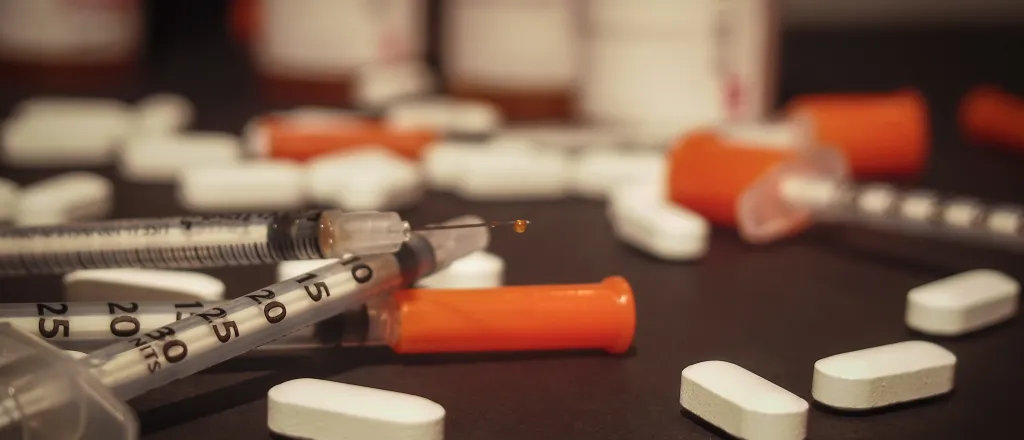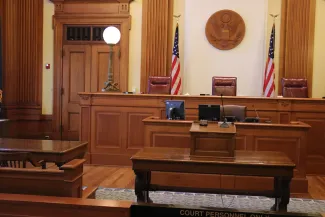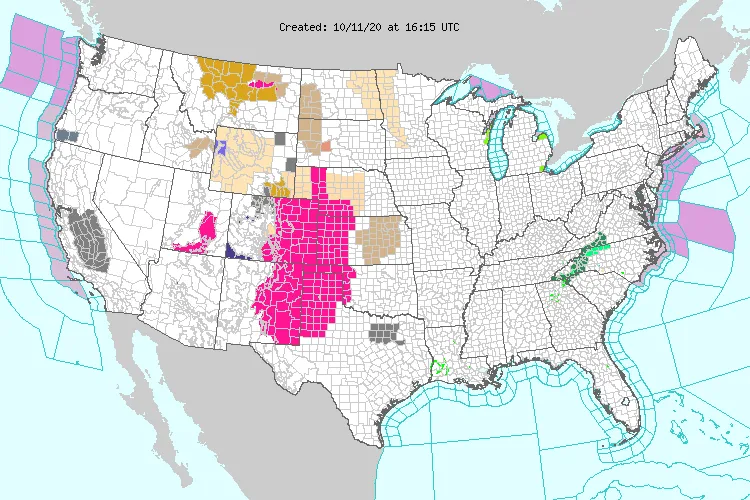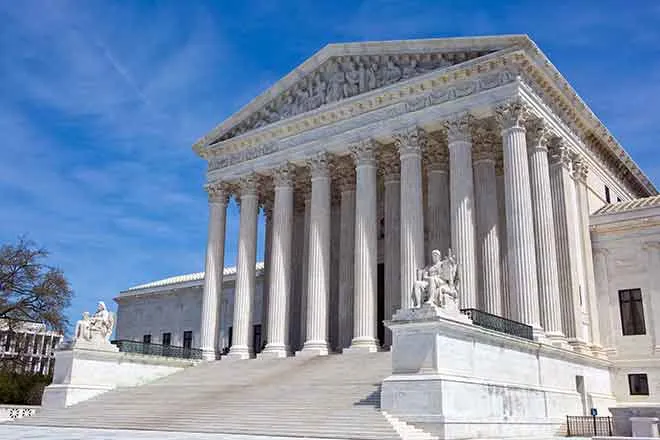
Judge invalidates Pueblo ordinance that blocked needle exchange programs
(Colorado Newsline) A judge last week invalidated a Pueblo ordinance that prohibited syringe exchange programs, allowing two such programs in the city to continue operating.
The city enacted the ordinance earlier this year to prevent discarded needles in public, which were said to create a health hazard and lead to the congregation of drug users in public places.
But Pueblo District Court Judge Tayler Marie Thomas ruled that the ordinance conflicted with state law, which as of 2020 allows nonprofit organizations with relevant experience to operate clean syringe exchange programs.
“The language of the Ordinance is overbroad and is incongruent with (state law),” Thomas wrote in a ruling Thursday. “The Ordinance’s language is an outright ban on the exchange of needles by Plaintiffs within Pueblo. The Ordinance and (state law) conflict in such a way that the two cannot coexist.”

© iStock - keeton12
The court said that though regulation of syringe exchange programs is a matter of both state and local concern, state law preempts local law when the two are irreconcilable, as in this case.
The Pueblo City Council in May voted 5-2 to ban syringe exchange programs. The nonprofits Colorado Health Network and the Southern Colorado Harm Reduction Association, which were running such programs at the time, sued the city over the ordinance, and Thomas granted a temporary restraining order against the ordinance — essentially blocking enforcement of the ban — while the case proceeded.
At syringe exchange sites, people who use drugs can obtain sterile needles and get connected to resources and support services. The programs exemplify a “harm reduction” approach to public health, which has been shown to reduce disease transmission and prevent overdose deaths.
Thomas’ order noted that testimony in the case indicated that syringe exchange programs save lives and do not increase substance abuse or crime. Testimony showed that “individuals who engage in and use syringe exchange programs and their services are five times more likely to enter drug treatment than those individuals (who) do no not engage with syringe exchange programs,” Thomas wrote.
The city had argued that the ordinance narrowly prohibited one component — syringe distribution — of the nonprofits’ programs, and permitted other aspects of their work, such as education and counseling.
But Thomas found that “providing an injection drug user access to sterile injection equipment is a minimum requirement that all syringe exchange programs must have to operate pursuant to state statute,” meaning that allowing the ordinance to remain in effect “would materially impede or destroy the state’s clear interest” in allowing syringe programs to continue.
“The Mayor and City Council remain concerned and committed to making a safer and cleaner city. The risk to the public with discarded used needles is and will remain a high priority,” the city said in a statement provided to Newsline by Geoffrey Klingsporn, the city’s attorney in the case. “These programs hand out over a million needles a year and only collect a fraction in return. The city will continue to work with counsel to regulate and address this issue.”
Colorado Newsline is part of States Newsroom, a nonprofit news network supported by grants and a coalition of donors as a 501c(3) public charity. Colorado Newsline maintains editorial independence. Contact Editor Quentin Young for questions: info@coloradonewsline.com. Follow Colorado Newsline on Facebook and X.
















